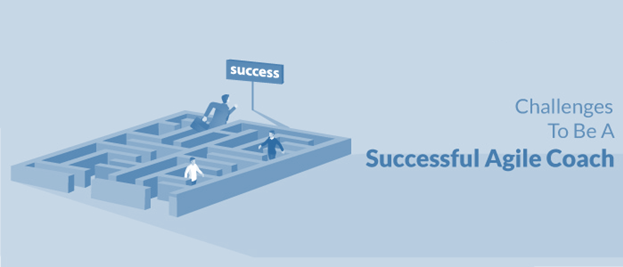Possible Challenges in Agile Coach Role
4/18/20242 min read


In the Agile Coach role, several problem statements may arise, including:
Problem Statements:
Changing Mindsets: Encouraging teams to adopt an Agile mindset and embrace principles such as collaboration, flexibility, and continuous improvement can be challenging, particularly when faced with resistance to change or ingrained habits from traditional methodologies
Scrum of Scrums Difficulties: Facilitating effective communication and collaboration among multiple Agile teams in a Scrum of Scrums setting can be complex, especially when teams have different priorities, dependencies, or levels of maturity in Agile practices
Managing Uncertainties: Helping teams navigate uncertainties such as changing requirements, market dynamics, or technological challenges while maintaining focus, motivation, and productivity can be demanding for Agile Coaches
Coordination of Multiple Teams: Ensuring alignment and synchronization across multiple Agile teams working on interconnected projects or products requires effective coordination, communication, and conflict resolution skills
Training Agile Roles: Providing comprehensive training and guidance to Agile Masters, Product Owners, development teams, and other stakeholders on Agile principles, practices, and tools is essential for successful Agile adoption and execution
Resistance to Coaching: Overcoming resistance to coaching or skepticism about the value of Agile practices from team members, leaders, or other stakeholders can hinder the effectiveness of Agile Coaches in driving organizational change
Lack of Leadership Support: Limited support or buy-in from organizational leaders for Agile initiatives, coaching efforts, or cultural transformation can impede the progress of Agile Coaches and undermine the success of Agile implementations
Ineffective Coaching Strategies: Using coaching techniques that are not tailored to the specific needs, challenges, and dynamics of the team or organization can lead to limited engagement, misunderstanding, or frustration among team members
Measuring Impact: Demonstrating the impact of Agile coaching efforts in terms of improved team performance, delivery predictability, customer satisfaction, or business outcomes can be challenging, particularly when faced with qualitative or subjective metrics
Siloed Teams: Breaking down silos and fostering cross-functional collaboration, knowledge sharing, and innovation across teams and departments requires proactive intervention and support from Agile Coaches
Addressing these problem statements requires Agile Coaches to employ a combination of coaching, mentoring, facilitation, and leadership skills, along with a deep understanding of organizational dynamics, change management principles, and Agile frameworks. Building trust, fostering collaboration, and fostering a culture of continuous learning and improvement are essential for Agile Coaches to drive meaningful change and achieve success in their role.
